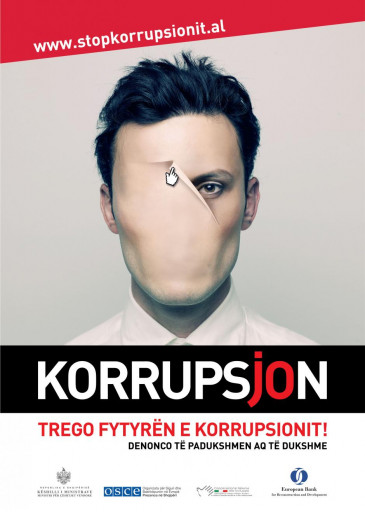The Romanian State, according to the provisions of the Romanian Constitution, represents a semi-presidential republic, but a key role in Romania's specific democracy is played by the Romanian Parliament. Through its two Chambers (Chamber of Deputies and Romanian Senate), exercises the legislative activity and also plays an essential role in ensuring compliance with the principle of separation of powers in the state. Thus, beyond the Legislative Power, Romanian Parliament has the attribute to invest and remove Romania`s Government, which highlights the particularly important role that Romanian Parliament has in relation to the fundamental principles of the Romanian Constitution and those of a democratic society.
Compared to the important role of the Romanian Parliament, for all political parties in Romania, it is essential to have access to (to obtain) as many parliamentary seats as possible for their members.
Thus for, USR (”Save Romania Union - Political Party”) has implemented a democratic and rigorous procedure regarding the nomination of USR candidates for the MP`s elections.
According with the provisions of the national legislation, the members of the parliament are elected in electoral constituencies, which correspond to a county of Romania. The electorate grants one vote for a list of candidates, distinct for the Chamber of Deputies and the Senate (the number may vary depending on the number of existing parliamentary seats in that constituency) and the final number of seats obtained is given by the total number of votes obtained from voters, both county and national level.
It should also be mentioned that USR has a central leadership – USR`s National Bureau – and territorial organizations, both at county and local level.
In order to establish the final list of candidates for each county (electoral constituencies), as a first step, USR`s National Bureau establishes the calendar of internal elections process. This process is opened for any USR member who may propose his/her candidacy to occupy a place on the final list, provided that he is a member of that county organization and his membership status has not been suspended.
After an internal electoral campaign, the final lists and the order of the candidates on these lists are established following a secret ballot organized at the level of each county organization, within the Conference of the County Organization, in which delegates from each local organization participate.
For this purpose, simultaneously with the internal campaign, each local branch organizes General Assemblies (which can be attended by all members of the local branch whose membership has not been suspended) after which they elect their delegates to participate in the Conference of the County Organization.
As a final step, USR`s National Bureau validates / invalidates nominally, each candidacy separately, as they shown on the final list provided by the county organizations.
In order to validate / invalidate a candidacy, the USR National Bureau requests two opinions from USR`s National Arbitration Commission, regarding political opportunity and integrity issues for each individual candidacy.
In order to issue these opinions, the National Arbitration Commission can consult ex officio any type of public or internal sources, but it can also receive notifications from any interested person.
That means that any USR member, who is aware of situations that may cause image damages regarding any of the USR candidacies, will be able to address directly to the USR`s National Arbitration Commission, through a notification. Within the procedure for approving the candidates and their candidacies, the USR National Arbitration Commission will also resolve all these complaints.
It should be mentioned that the opinion issued by the national Arbitration Commission regarding the political opportunity of a candidacy has an optional, consultative character for the USR`s NB while the opinion issued on integrity matters is compliant.
After receiving all this opinions from National Arbitration Commission, USR` National Bureau decides whether or not to validate each individual candidacy.
As an expression of Check and Balance Principle, a decision of the National Bureau by which an application has been invalidated may be challenged before the Political Committee.
After reviewing possible appeals, the final lists, thus validated, are sent back by the USR`s National Bureau to the county organizations, so that each County Organizations could submit the lists of validated candidacies to the County Electoral Constituency Offices to which they are assigned.
In the event that the USR`s NB pronounces a decision to invalidate a candidacy, the place of the invalidated candidate is occupied by the candidate who was ranked in an immediately inferior position. Therefore, USR`s NB cannot intervene on the order of the candidates on the list (!!!), the final list representing the will of the members of the county organizations from which these candidates come.
In conclusion, by briefly analyzing the above, in the process of establishing the USR candidacies for the Romanian Parliament, absolutely all USR members may participate. Any USR member can run in any of the two Chambers of the Romanian Parliament. Additionally, in order to obtain the best possible list of candidates, USR applies to all candidates those two filters, respectively the political opportunity of the candidacy and the one regarding the integrity of the candidate.
Text provided by BURJAN Bogdan and URSA Lorin (members of National Arbitration Commission USR) as part of ”NDI`s Liberal Integrity Leadership Training Programme”







